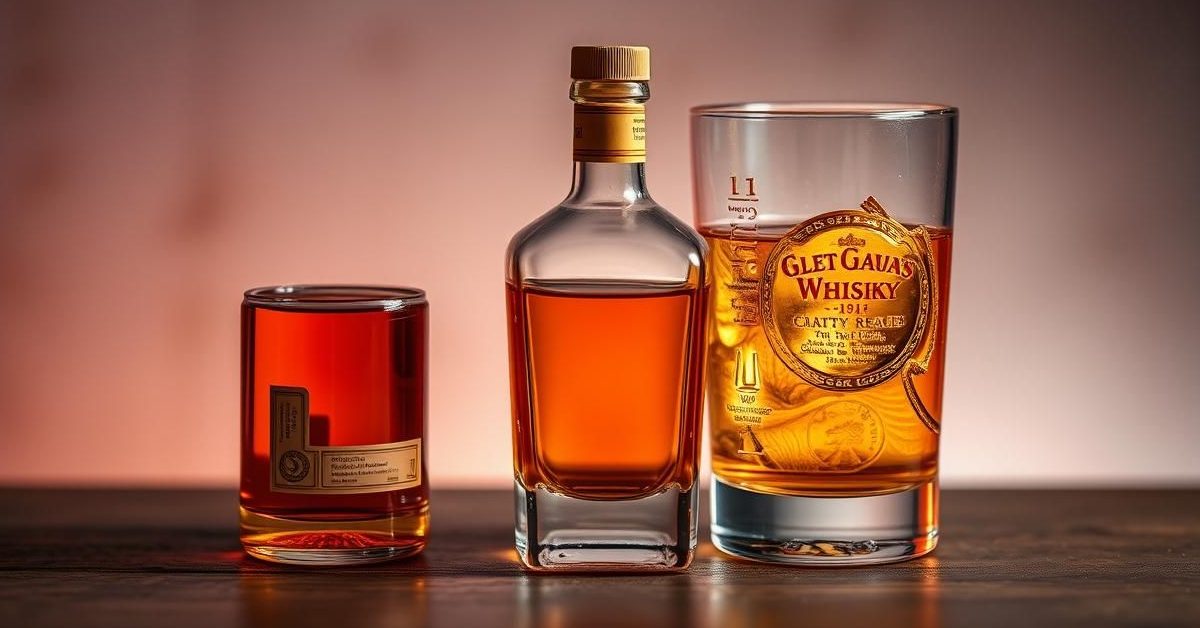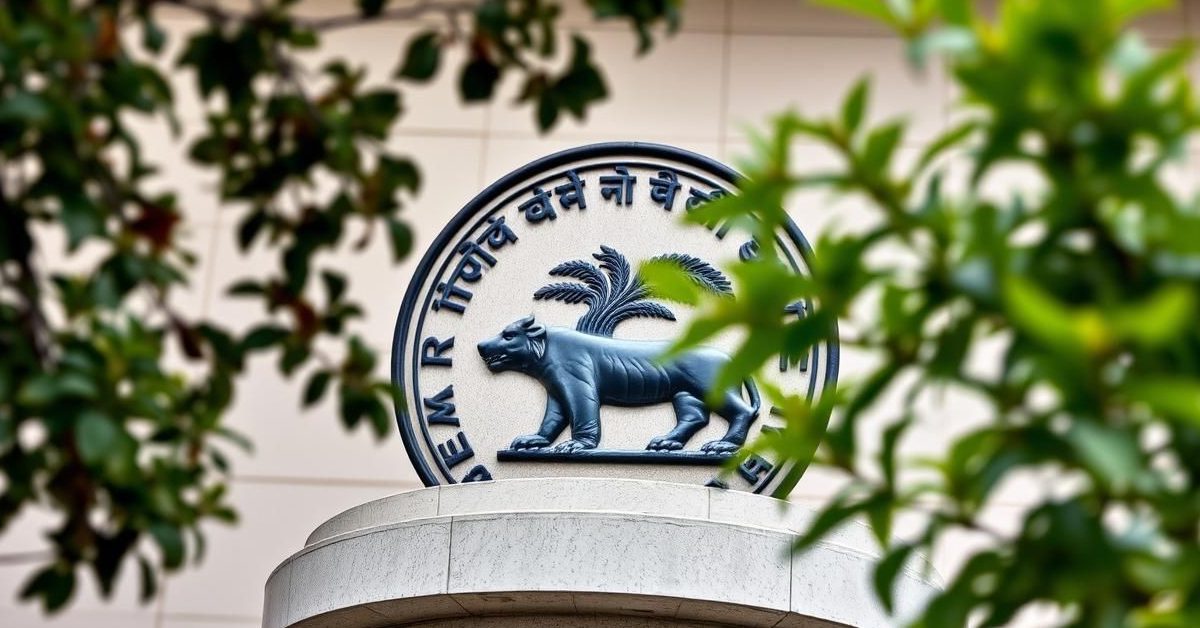Scotch whisky is set to become significantly more affordable in India as a new trade agreement with the UK slashes import tariffs by half.
Scotch Tariffs Halved, More Cuts Coming
Under the recently signed India-UK Comprehensive Economic and Trade Agreement (CETA), import duties on Scotch whisky will immediately drop from 150 percent to 75 percent. This is great news for Indian consumers who enjoy premium brands like Chivas Regal, Ballantine’s, Glenlivet, Glenfiddich, and Johnnie Walker.
The deal doesn’t stop there. Over the next decade, once the agreement is fully ratified by both nations, tariffs are set to decrease further to just 40 percent. Importantly, the agreement does not include Minimum Import Price (MIP) rules for Scotch, a measure India’s domestic industry had advocated for.
A Boost for UK Distillers
UK-based Scotch distillers are understandably thrilled by this tariff reduction. It opens up greater access to India, which is already the world’s largest whisky market by volume. Whisky was a substantial export for the UK to India, valued at approximately $260 million in 2024-25.
Jean-Etienne Gourgues, Chairman and CEO of Chivas Brothers, expressed optimism. He noted that the agreement would “support long term investment and jobs in our distilleries… and help deliver growth in both Scotland and India over the next decade.”
Concerns for India’s Domestic Industry
While UK distillers celebrate, India’s domestic alcoholic beverage industry has voiced significant concerns. The Confederation of Indian Alcoholic Beverage Companies (CIABC) highlighted potential issues of “dumping” and unfair competition.
Anant R Iyer, Director-General of CIABC, explained that while cheaper Scotch might benefit the domestic industry for blended products, the lack of MIP rules could lead to foreign spirits being imported at very low prices. This, he fears, could hurt the growth of premium Indian brands.
Calls for Fair Play
Iyer also urged state governments to reconsider the concessions currently given to “bottled in origin” (BIO) foreign brands, such as lower brand registration fees and reduced excise duties. He argued that these policies, combined with the new customs duty cuts, make importing alcoholic beverages cheaper than producing them locally. This creates an uneven playing field for India-made products.
Furthermore, the Indian industry is pushing for reciprocal market access in the UK and EU. Despite Indian whiskies, rums, and gins gaining global recognition, non-tariff barriers related to maturation and ingredients still limit their export potential. While tariffs on Indian beverages and spirits exported to the UK have been entirely eliminated under the CETA, these non-tariff barriers remain a hurdle.
- India has immediately halved tariffs on Scotch whisky imports from 150% to 75%.
- The new agreement does not include Minimum Import Price (MIP) rules for Scotch.
- Indian alcoholic beverage companies are concerned about potential dumping and unfair competition from cheaper imports.
This trade deal marks a significant shift in India’s liquor market, setting the stage for more affordable foreign spirits while raising important questions about the future of domestic brands.














